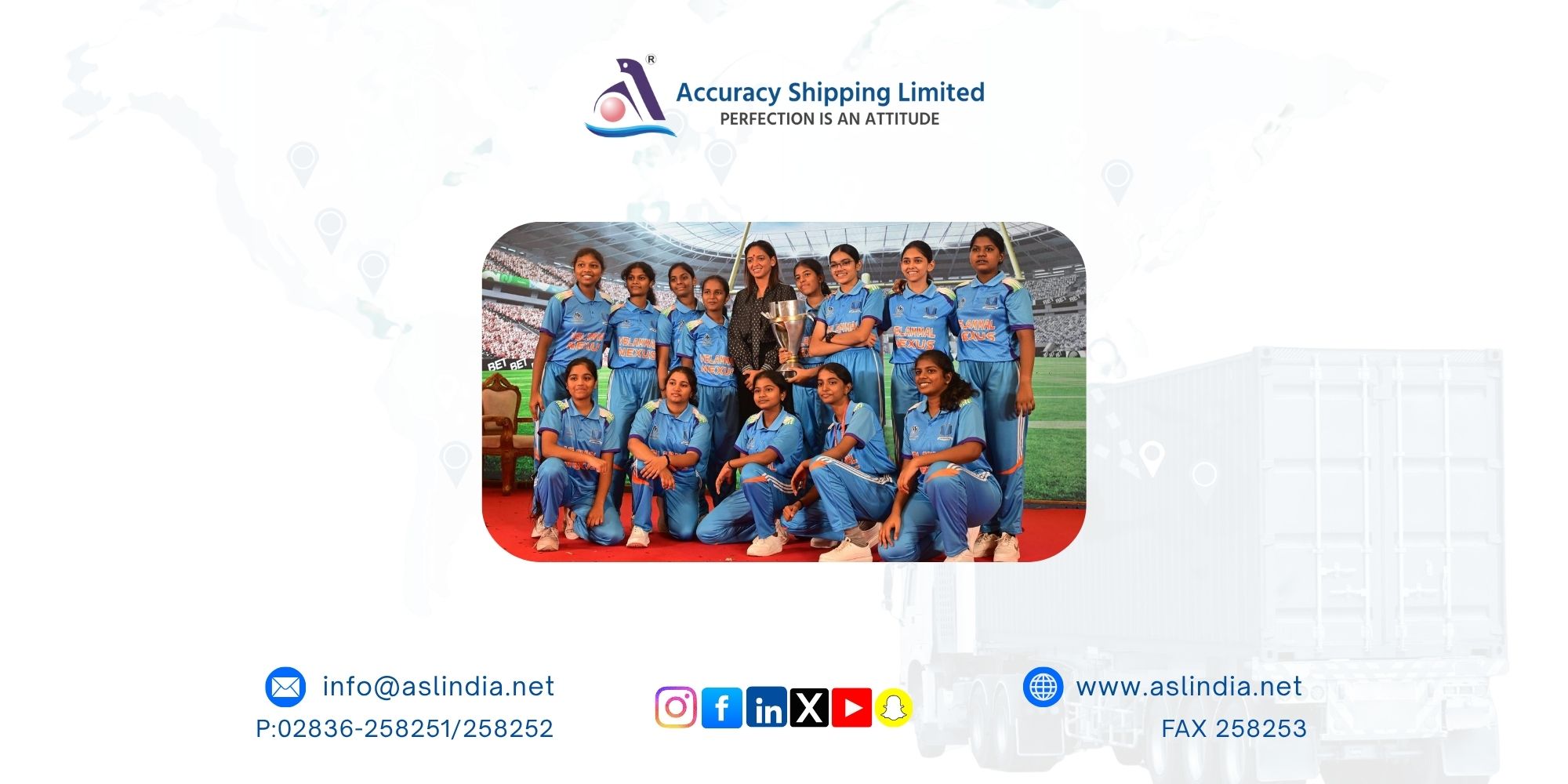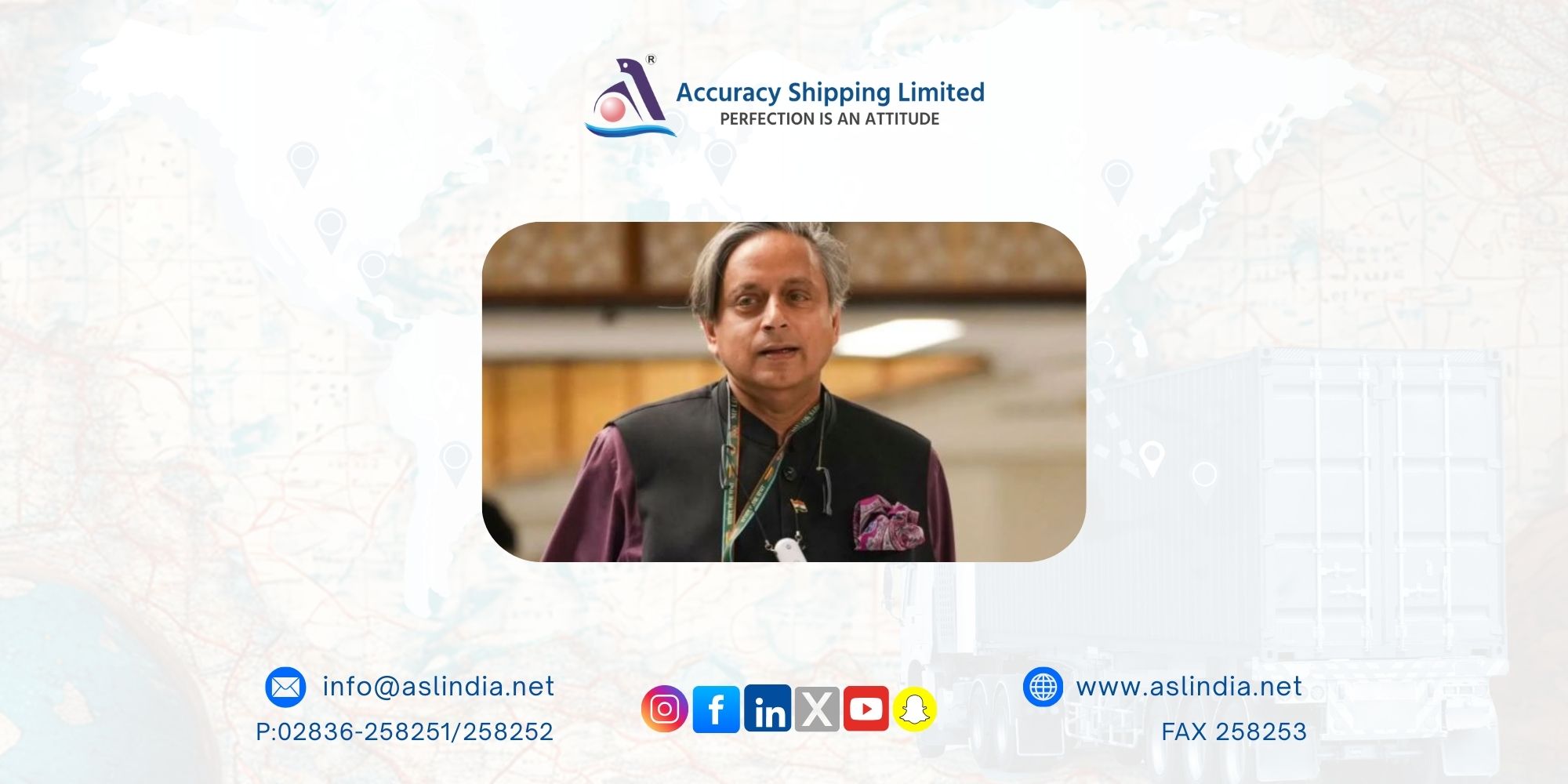Indian handicrafts to go global

India’s handicrafts are more than just decorative pieces they are the soul of our cultural identity, echoing centuries of tradition, artistry, and skill. From intricate woodwork and textiles to stone carvings and metal crafts, every handcrafted item tells a story. With growing global appreciation for sustainable, authentic, and handcrafted products, the time is ripe for Indian handicrafts to find their rightful place in international markets.
Strategic Push for Global Growth
In a landmark step toward this goal, a high-level delegation from the Export Promotion Council for Handicrafts (EPCH), led by Chairman Dr. Neeraj Khanna, recently met with Deependra Singh Kushwah, Development Commissioner (Industries), Government of Maharashtra. This significant meeting underscored the need to build a robust framework to support artisans and promote Indian handicrafts globally.
The EPCH delegation, including Avdesh Agarwal (Chief Convenor, EPCH) and Committee of Administration (CoA) Members Ravi Passi and Pradeep Muchalla, presented key recommendations to enhance exports, streamline infrastructure development, and provide targeted support to artisans particularly women entrepreneurs in rural India.
Key Areas of Focus
Export Enhancement – Identifying new international markets and streamlining logistics to support higher volumes of export.
Policy & Infrastructure Support – Developing artisan clusters, improving access to raw materials, and offering state-level incentives and subsidies.
Women Empowerment – Training and encouraging more women to become craft entrepreneurs, thereby driving inclusive economic development.
E-commerce Enablement – Leveraging digital platforms to take handcrafted products directly to global consumers.
ODOP & GI Promotion – Boosting recognition for region-specific crafts through the One District One Product (ODOP) scheme and Geographical Indication (GI) certification.
Government’s Positive Outlook
Mr. Kushwah, known for his dynamic administrative leadership, showed a proactive stance toward empowering artisans through new-age policy interventions. His assurance of exploring financial incentives and state-driven infrastructure support created a wave of optimism among stakeholders.
Bridging Global Markets
To further amplify India's global footprint, the EPCH delegation also held discussions with Renu Shome, Director of the Council of EU Chambers of Commerce in India. The talks centered on creating pathways for Indian handicrafts to enter the European Union market, a key region known for valuing sustainable and artisan products.
The Road Ahead
These meetings mark a pivotal moment in India's journey to globalize its handicraft heritage. By aligning artisan development with strategic export plans and policy reforms, the government and EPCH are paving the way for India’s artisan community to flourish on the world stage.
Conclusion: Crafting a Global Future
India’s handicrafts are poised for a global renaissance. With collaborative efforts between government bodies, industry councils, and international trade organizations, the dream of taking Indian artistry to every corner of the world is no longer distant. As the world looks for authentic, handmade, and sustainable products, Indian artisans are ready to answer the call one handcrafted masterpiece at a time.







